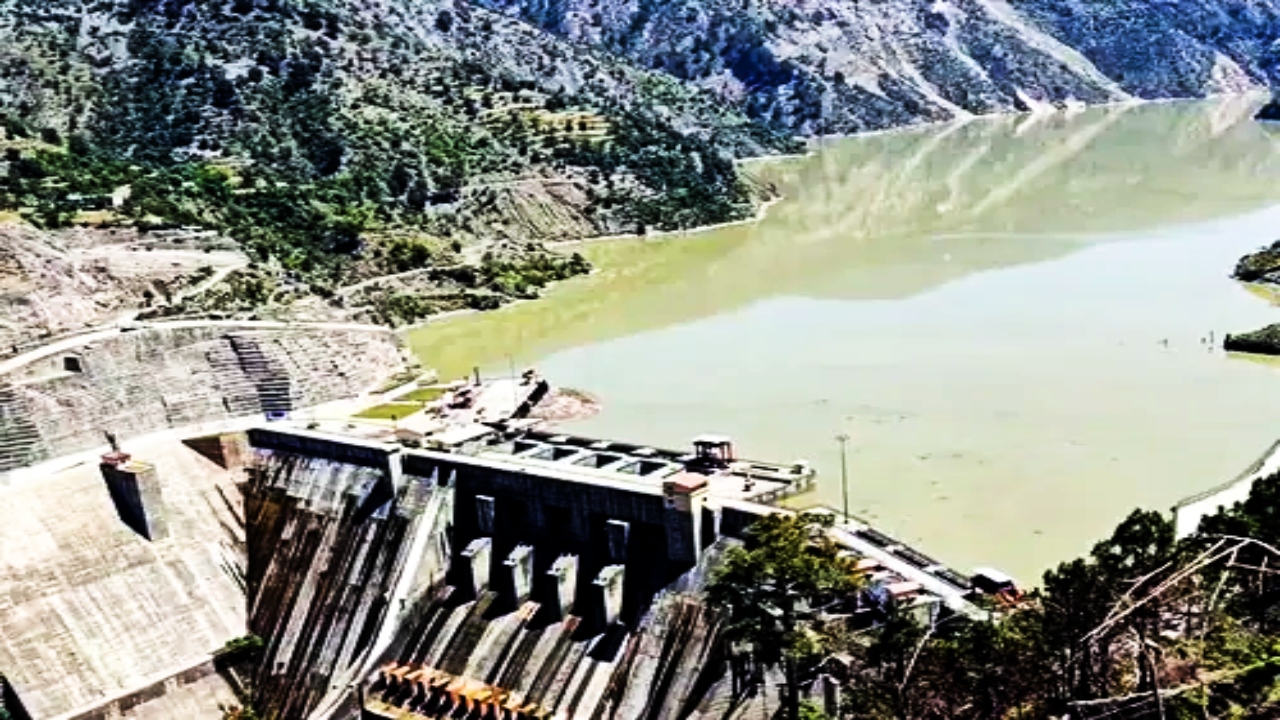Chenab River to Pakistan, India has cut off a river essential to Pakistan’s Punjab province.
India has Blocked the Chenab River’s Water Flow Towards Pakistan: National Security Comes First
On April 24, 2025, India suspended the Indus Waters Treaty of 1960 with Pakistan so nice move. This correlated with heightened security threats following a deadly terrorist attack in Pahalgam, Jammu and Kashmir. Thus it speaks of major changes in India Pakistan relations. In this scenario with India stopping the flow of water from the Chenab River to Pakistan India has cut off a river essential to Pakistan’s Punjab province.
India Casts Security Considerations into the Scale: A Strategic Turn Post-Terrorist Attack
The treaty was withheld due to a terrorist act that took away 26 lives principally tourists in Pahalgam. It was argued by Indian authorities that Pakistan’s constant support for terrorism and infiltration down the years made them rethink the water-sharing treaty. They now view the suspension as an essential countermeasure for India’s national security to prevent the use of its resources in aiding terrorism.
Baglihar Hydroelectric Project: Gateway to Water
Stopping the water flow is possible for India, thanks to the Baglihar Hydroelectric Project on the Chenab River. This project has given India latitude to come forward with some water management and the repercussions are being felt already well across the border in Pakistan. The people living in Sialkot located near the Marala Headworks in Punjab state that the water level there has remarkably decreased. Such unusual changes in the levels of the Chenab River which is an important river for drinking and irrigation in Pakistan can have far-reaching consequences.
Consequences of C. R. Patil’s Assurance: No Water Will Travel to Pakistan
Union Minister for Jal Shakti, C. R. Patil, declared with great firmness after a high level meeting presided over by Union Home Minister Amit Shah that not a single drop of water would flow from India to Pakistan. According to Patil this measure was part of a broader plan to guarantee the national security of India while protecting its important resources. “The PM’s order was very clear; I assure the people of India that this government will implement it,” Patil said.
Pakistan’s Reaction: An Illegal Act or an Act of National Security?
The decision was defamed quickly by Pakistan stating it was a violation of the Indus Waters Treaty and an act contrary to international laws. The Pakistani government is now determined to take the matter to international forums with a view to garnering international support toward the dispute. Legal and diplomatic consequences attendant to this action are bound to heighten tensions between the two rival nuclear powers.
By Justifying Indian Stand: In Water Resources for Indian People
According to India’s officials, the suspension of the treaty was paramount in national security and self-reliant. It means that, from here onwards, India could now harness the waters of the Chenab River and such other rivers for irrigation, power generation, and drinking water, especially for the benefit of the people of Jammu and Kashmir. This move has been enthusiastically welcomed by local leaders.
